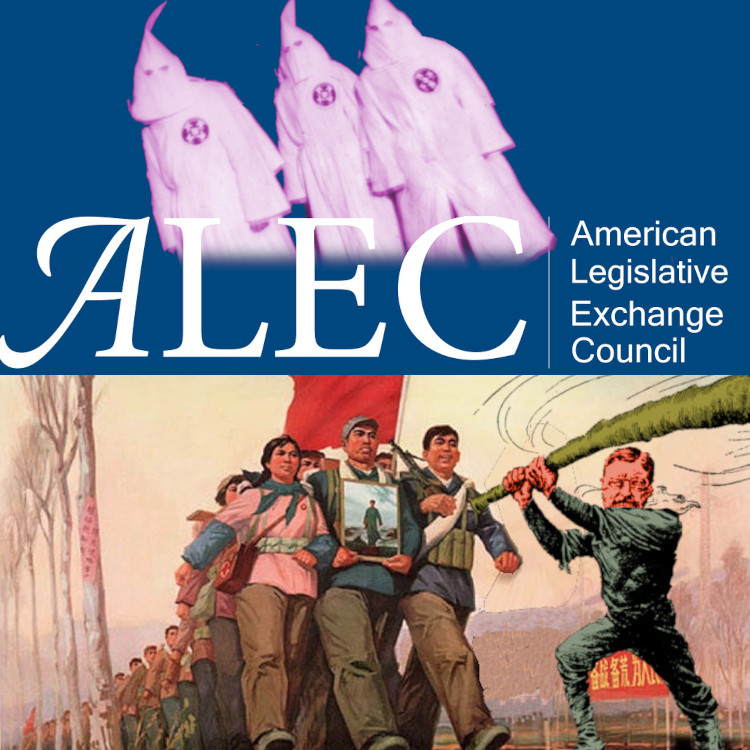
When the DoJ broke up AT&T - at long last! - in 1982, apologists for corporate power claimed that they were signing America's death-warrant. AT&T, they claimed, was the US's national champion in an existential battle with Japan.
1/
1/

Japan, we were told, was an authoritarian country, a systemic threat to the world whose fascist aggression had led to untold suffering. What's more, they were copycats, IP thieves, who stole American ingenuity and then undercut American manufacturers.
2/
2/
Sound familiar? It should. It's what Facebook lobbyists are saying about antitrust action against China: "Break us up and you'll cost America its national champion in the existential fight with a remorseless, authoritarian Asian copycat empire."
rollingstone.com/politics/polit…
3/
rollingstone.com/politics/polit…
3/
But the race-baiting yellow peril rhetoric of AT&T's shills was bullshit. AT&T's major project - the thing it used its monopoly power to protect - was the suppression of public access to the internet, because it wanted to maintain centralized telecoms power.
4/
4/
Breaking up AT&T was essential to the spread of public internet access, and that decidedly did NOT cost America the war for technological hegemony with Japan. Monopolists aren't national champions - they are weights around the nation's ankles.
5/
5/
"What's good for GM" was never "what's good for America." At best it was "what's good for the tiny minority of American GM shareholders." It was pretty terrible for everyone else.
6/
6/
Monopolies corrupt politics, translating their excess profits and concentrated decision-making power into political outcomes that benefit themselves irrespective of the costs to the rest of us.
7/
7/
Which explains a lot about Xi Xinping's relationship with China's internet monopolies. Xi recognizes that a monopolized ICT sector vastly simplifies censorship and surveillance - but at the cost of creating vast power-centers that challenge his own decision-making authority.
8/
8/
That's why XI curb-stomped Jack Ma in November, crushing Alibaba/Alipay's dream of going into the loansharking business - Ma made a bid to supplant the Chinese central bank's power over the monetary supply and Xi wasn't having any of it.
pluralistic.net/2020/11/05/got…
9/
pluralistic.net/2020/11/05/got…
9/
Now, China is ramping up its antitrust enforcement against its own tech giants, moving beyond Alibaba to Tencent, Baidu, Didi and other massive companies that Facebook claims it will defend us from.
axios.com/china-tech-ant…
10/
axios.com/china-tech-ant…
10/
These companies might serve as China's "national champions," but only to the extent that "What's good for Baidu is good for China." When those interests diverge, Baidu is looking out for Baidu, not Beijing.
11/
11/
Xi recognizes this. He knows that concentrated corporate power limits state power - even state power in one-party systems.
And that's even more true in multiparty democracies.
12/
And that's even more true in multiparty democracies.
12/
If you'd like an unrolled version of this thread to read or share, here's a link to it on pluralistic.net, my surveillance-free, ad-free, tracker-free blog:
pluralistic.net/2021/04/03/amb…
eof/
pluralistic.net/2021/04/03/amb…
eof/
• • •
Missing some Tweet in this thread? You can try to
force a refresh










